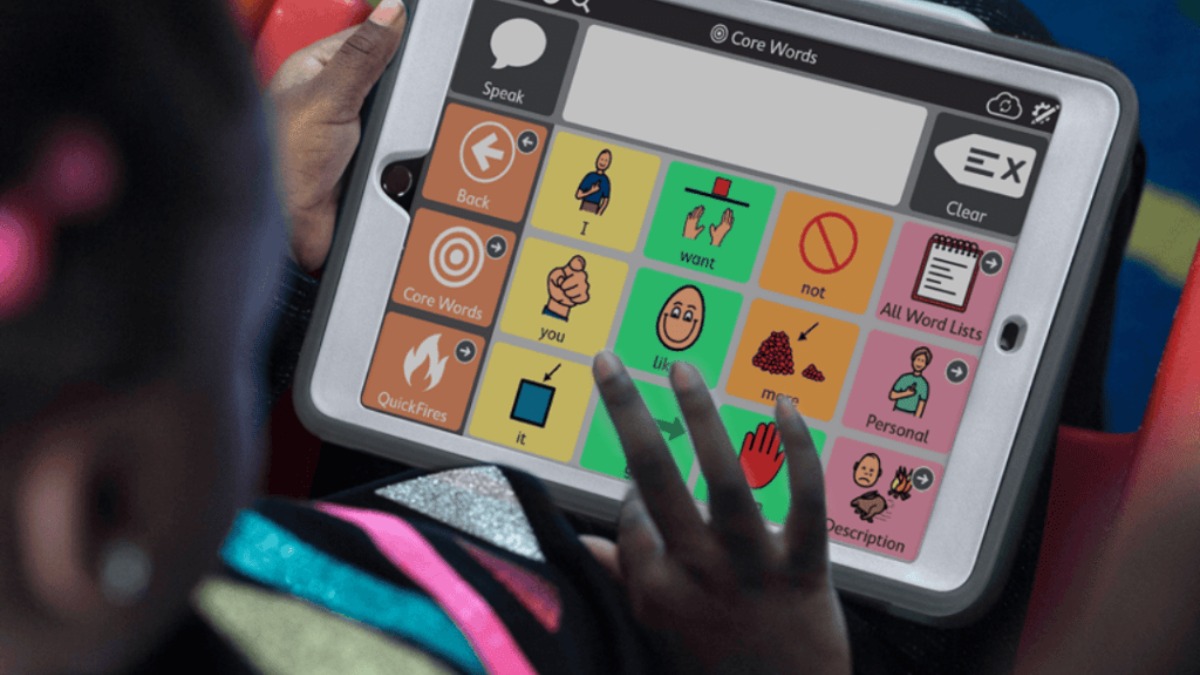Different Types of Play Therapy Interventions
November 29, 2024
Explore the different types of play therapy interventions and how they help children express themselves, build resilience, and grow in a supportive environment.
.jpeg)
Exploring the various techniques used in play therapy can provide valuable insights into how children can benefit from these interventions. Let's delve into two prominent types of play therapy interventions: Child-Centered Play Therapy (CCPT) and Directive Play Therapy.
Child-Centered Play Therapy (CCPT)
Child-Centered Play Therapy (CCPT) is a therapeutic approach that places the child at the core of the play sessions. In CCPT, the child has complete control over the play environment, allowing them to express themselves freely and explore their emotions in a safe and nurturing setting.
This form of play therapy emphasizes the importance of building a strong therapeutic relationship between the child and the therapist. By creating a supportive and non-judgmental space, CCPT aims to help children develop self-awareness, emotional regulation skills, and problem-solving abilities through play activities like painting, dancing, and playing board games.
An essential aspect of CCPT is its non-directive nature, where the child leads the sessions and determines the direction of play. This approach respects the child's autonomy and encourages them to express their thoughts and feelings at their own pace.
.png)
Directive Play Therapy
Contrasting with CCPT, Directive Play Therapy involves a more structured and directive approach to play sessions. In this intervention, the therapist takes an active role in guiding the play activities by introducing specific toys or activities designed to address the child's identified issues or therapeutic goals.
Through Directive Play Therapy, the therapist provides a framework for the child to explore and work through their emotions, behaviors, and challenges. By offering structured play experiences, the therapist can help the child develop coping strategies, enhance communication skills, and foster healthy emotional expression in a guided manner.
This approach is particularly beneficial for children who may benefit from additional support and structure in their play interactions. The therapist's guidance and interventions aim to facilitate growth, self-awareness, and positive behavioral changes in the child, fostering a supportive environment for emotional healing and development.
Understanding the nuances of Child-Centered Play Therapy and Directive Play Therapy can help parents and caregivers choose the best approach for their child's unique needs.
Involving Parents in Play Therapy
When it comes to play therapy, involving parents in the therapeutic process can significantly enhance its effectiveness. Two key approaches to incorporating parents in play therapy interventions are Filial Play Therapy and Group Play Therapy.
Filial Play Therapy
Filial Play Therapy is a specialized technique that actively engages the child's parents or caregivers in the therapeutic journey. In Filial Play Therapy, the therapist educates and trains the parents in play therapy techniques, empowering them to become primary facilitators of their child's healing process. This involvement not only strengthens the parent-child bond but also equips the parents with the skills to support their child's emotional growth and development.
.png)
Group Play Therapy
In Group Play Therapy, a small cohort of children with similar challenges comes together to participate in therapeutic play sessions. This approach provides a supportive environment where children can engage in play activities under the guidance of a therapist. Group Play Therapy offers opportunities for social skill development, emotional expression, and building connections with peers facing similar struggles. It can help reduce feelings of isolation and enhance interpersonal skills in children undergoing play therapy.
Research spanning several decades has consistently highlighted the benefits of play therapy for children facing various emotional and behavioral challenges. Studies conducted between 1953 and 2000 showed positive outcomes for children aged 3 to 12 years old, regardless of gender, when engaged in play therapy interventions. The involvement of parents in the therapeutic process has been shown to amplify these positive effects and deepen the impact of play therapy on children's well-being.
In a 2009 study focusing on the effectiveness of play therapy with aggressive children, participants exposed to play therapy demonstrated significant improvements in aggressive behaviors compared to a control group. Furthermore, a comprehensive analysis of 93 studies in 2005 provided strong evidence supporting the efficacy of play therapy, particularly when parents actively participate in the therapy sessions. This collaborative approach not only enhances the child's progress but also strengthens the family unit by promoting open communication and understanding within the home environment.
.png)
Therapeutic Approaches in Play Therapy
Exploring the various therapeutic approaches in play therapy offers valuable insights into the different methods used to support children in a therapeutic setting. Each approach incorporates unique techniques and strategies to address specific emotional and behavioral needs. Let's delve into three significant therapeutic approaches: Cognitive-Behavioral Play Therapy, Gestalt Play Therapy, and Animal-Assisted Play Therapy.
Cognitive-Behavioral Play Therapy
Cognitive-Behavioral Play Therapy focuses on helping children identify and modify negative thought patterns and behaviors through play. By combining Cognitive-Behavioral Therapy (CBT) techniques with play therapy, this approach aims to promote positive changes in cognition, emotion, and behavior. Some of the techniques involved include:
- Role-playing- Encourages children to act out scenarios to explore different perspectives and learn new behaviors.
- Desensitization- Helps children confront and overcome fears or anxieties gradually.
- Modeling- Demonstrates positive behaviors for children to mimic and learn from.
Therapists leveraging Cognitive-Behavioral Play Therapy aim to assist children in developing coping skills and fostering positive behaviors through interactive and engaging play sessions.
Gestalt Play Therapy
Gestalt Play Therapy emphasizes the present moment and encourages children to express their feelings and thoughts through play. By focusing on the therapeutic relationship and promoting self-awareness, this approach supports children in exploring their emotions and experiences.
Through Gestalt Play Therapy, children engage in playful activities that facilitate self-discovery, personal growth, and an enhanced understanding of their inner world.
Animal-Assisted Play Therapy
Incorporating animals such as dogs or horses into therapy sessions, Animal-Assisted Play Therapy creates a unique and supportive environment for children. The presence of animals can help reduce anxiety, increase comfort levels, and enhance communication skills.
- Improved social skills- Children learn to interact with animals, promoting empathy and communication.
- Enhanced emotional well-being- The presence of animals can provide comfort and support during challenging moments.
- Building trust and attachment- Children develop trust and bonds with therapy animals, fostering a sense of security.
Integrating animals into play activities creates a nurturing and engaging therapeutic environment where children can develop trust, empathy, and social skills under the guidance of therapists using Animal-Assisted Play Therapy.
Understanding the unique characteristics and benefits of each therapeutic approach in play therapy provides caregivers and practitioners with valuable tools to support children's emotional well-being and growth. By leveraging these distinct methods, children can explore their emotions, develop coping strategies, and build essential skills in a safe and nurturing environment.
At WonDIRful Play, our team is dedicated to fostering meaningful developmental growth through the trusted DIR Floortime model. While play is a powerful tool we use to connect and engage, DIR Floortime is not simply play therapy—it's a comprehensive model designed to target and support developmental milestones in children who are experiencing delays. By entering your child’s world through play, we seamlessly embed developmental goals to nurture emotional resilience, build essential skills, and foster meaningful connections. For families in New Jersey, we’re here to guide you—reach out today to explore how DIR Floortime can support your child’s unique journey.
Recent articles













.jpg)


.jpg)






.jpg)











.jpg)
.jpg)

.jpg)
.jpg)
.jpg)



.jpg)
.jpg)
.jpg)

.jpg)
.jpg)

.jpg)



.jpg)


.jpg)
%20(1).jpg)

.jpg)















.jpg)
.jpg)
.jpg)
.jpg)
.jpg)


.jpg)
.jpg)
.jpg)
.jpg)
.jpg)
.jpg)
.jpg)
.jpg)
.jpg)
.jpg)
.jpg)
.jpg)
.jpg)
.jpg)
.jpg)
.jpg)
.jpg)
.jpg)
.jpg)
